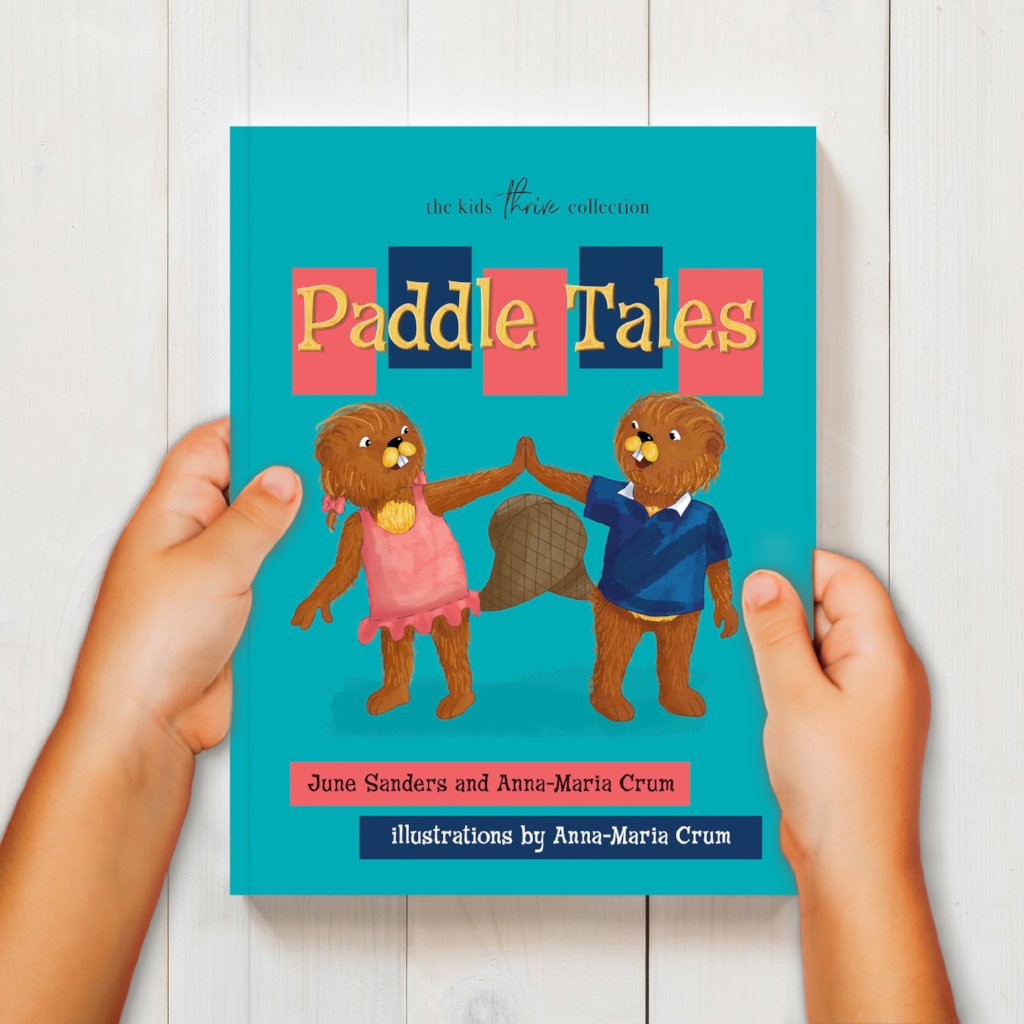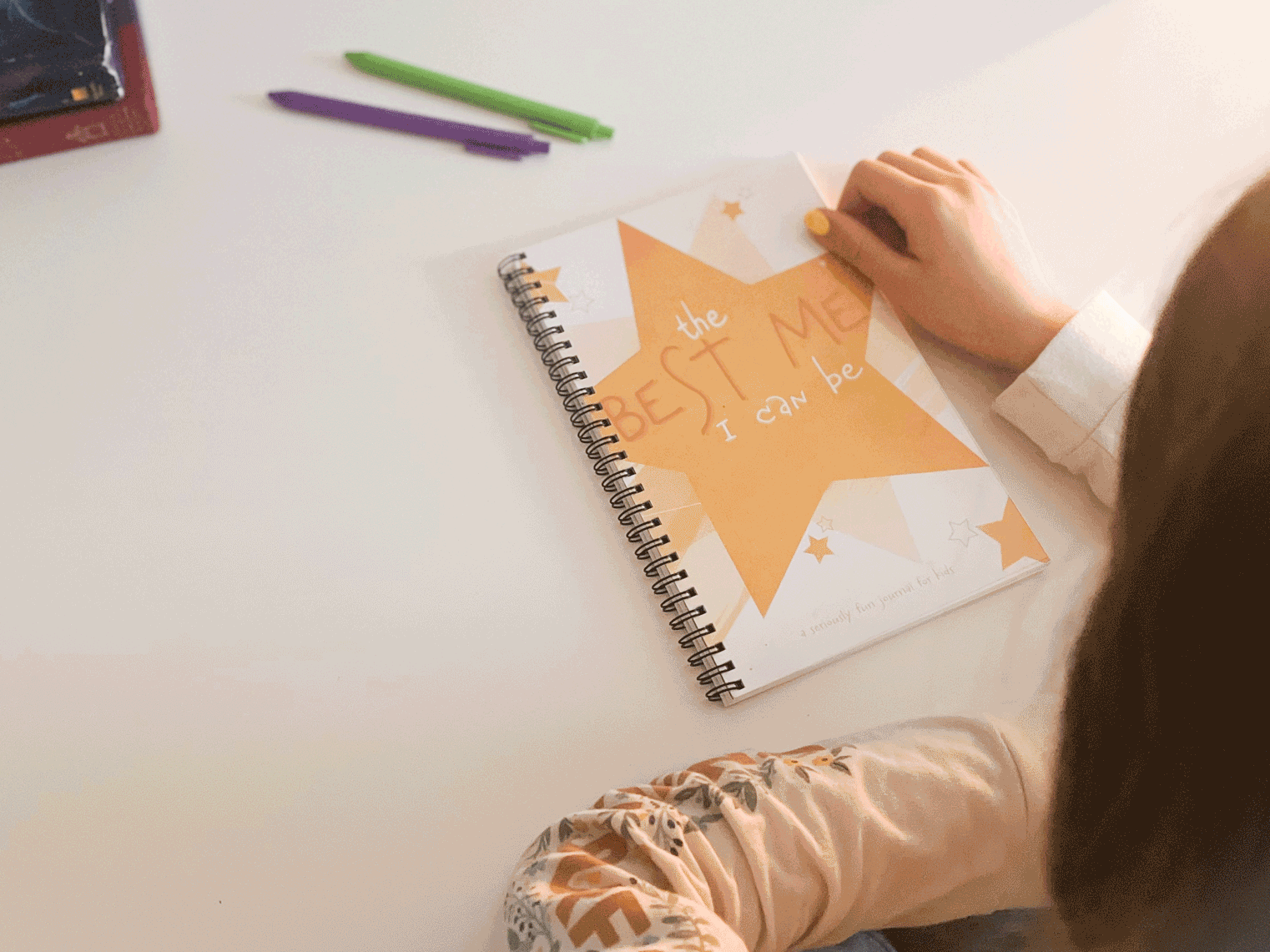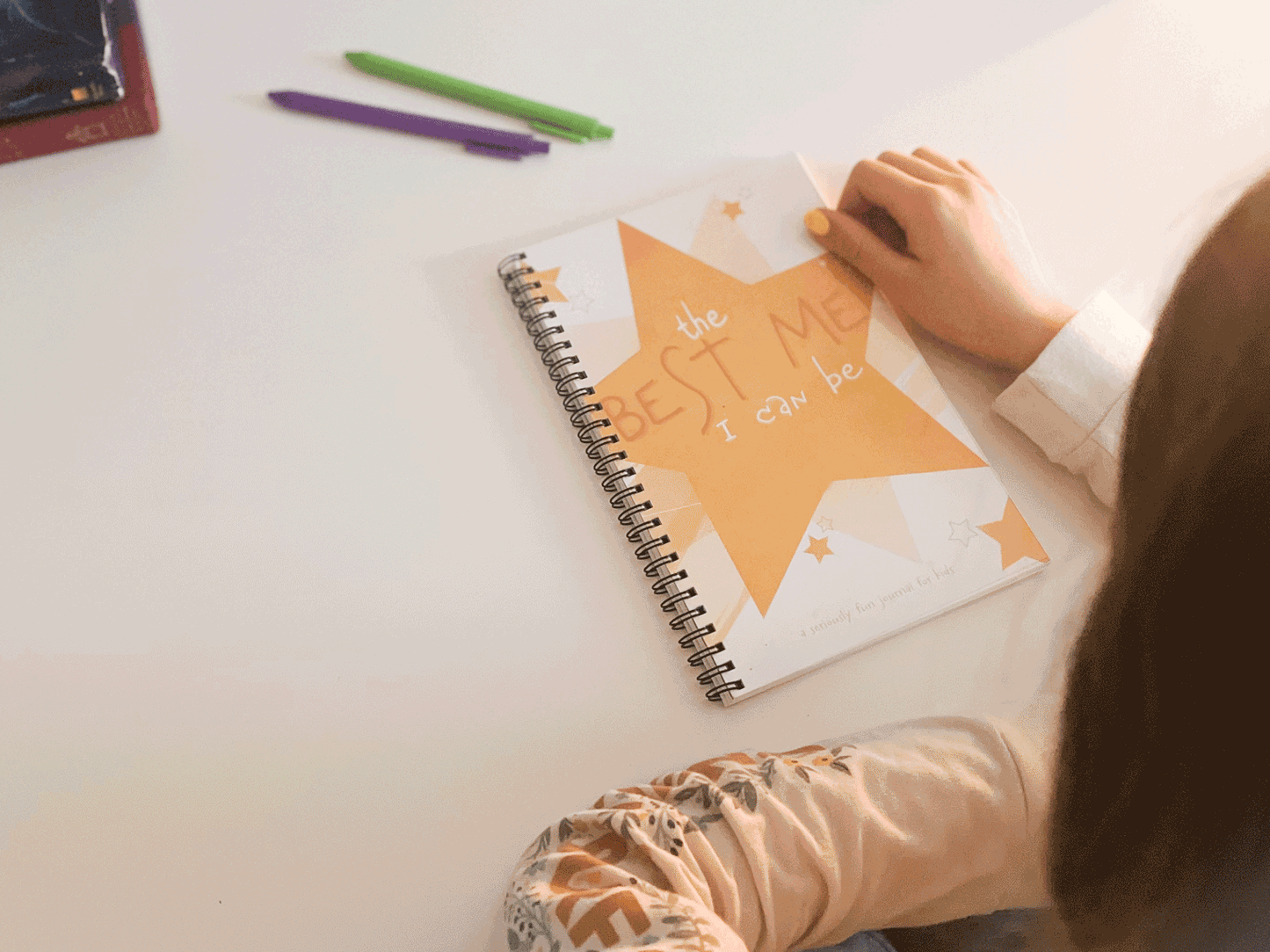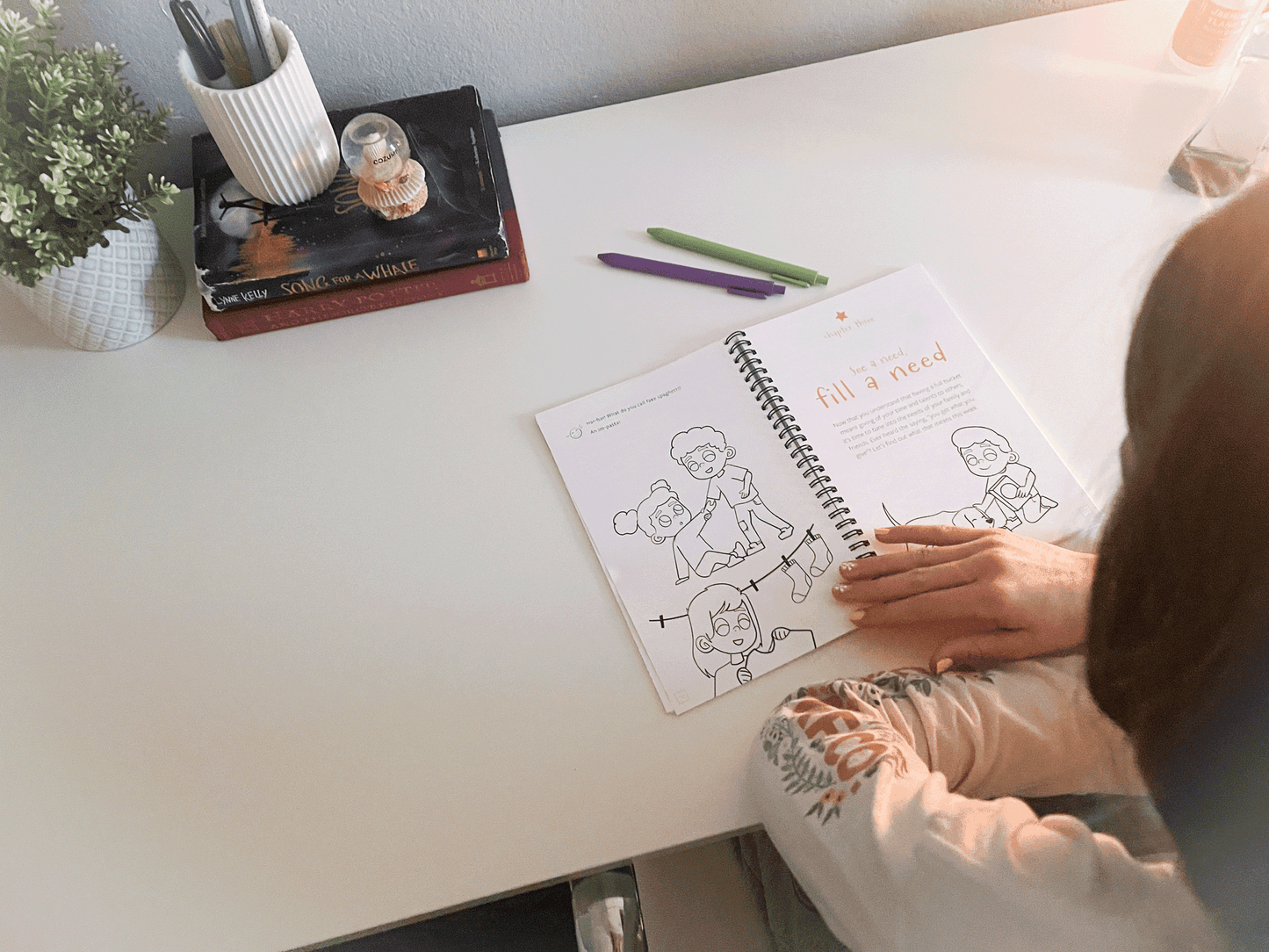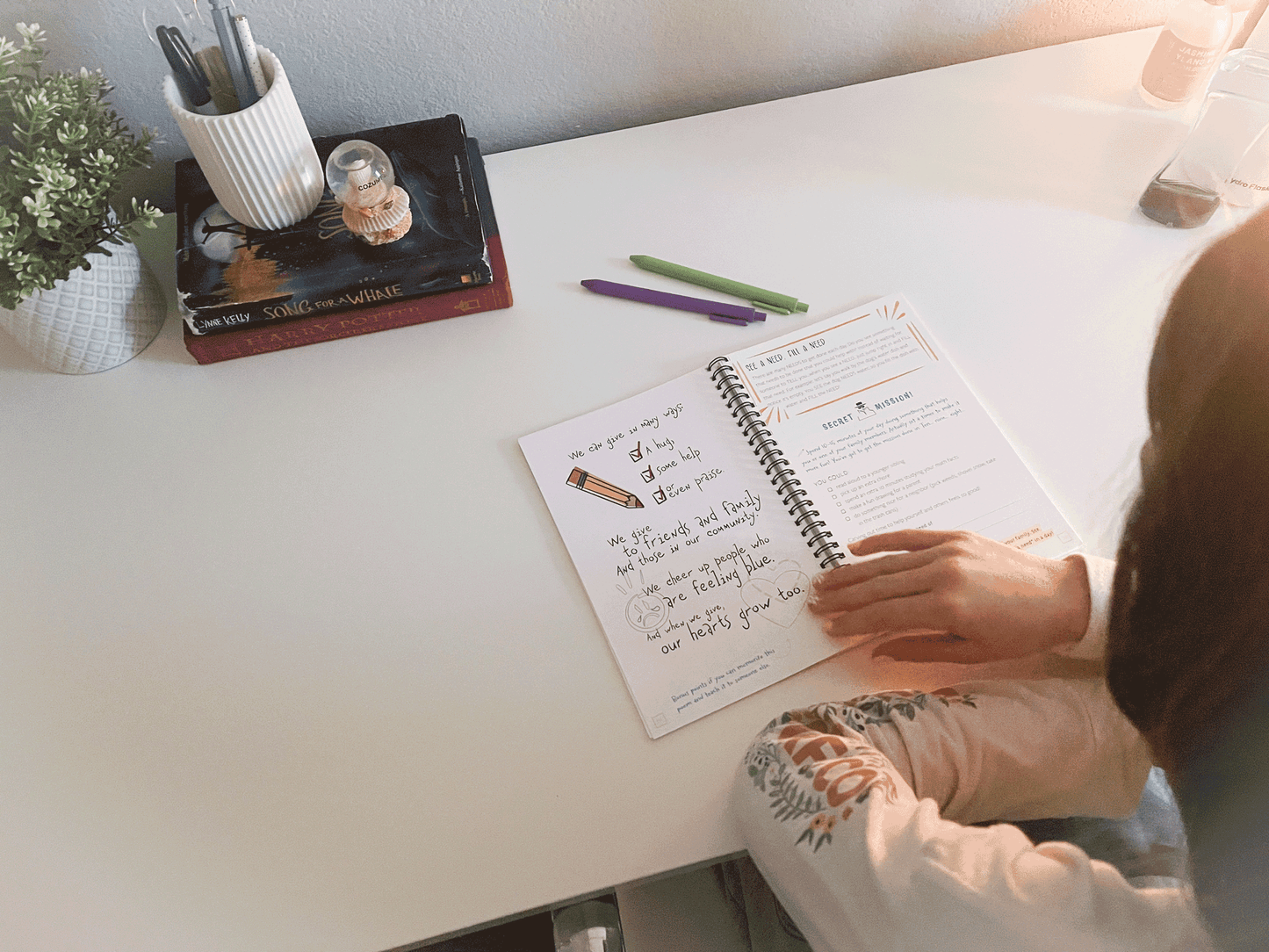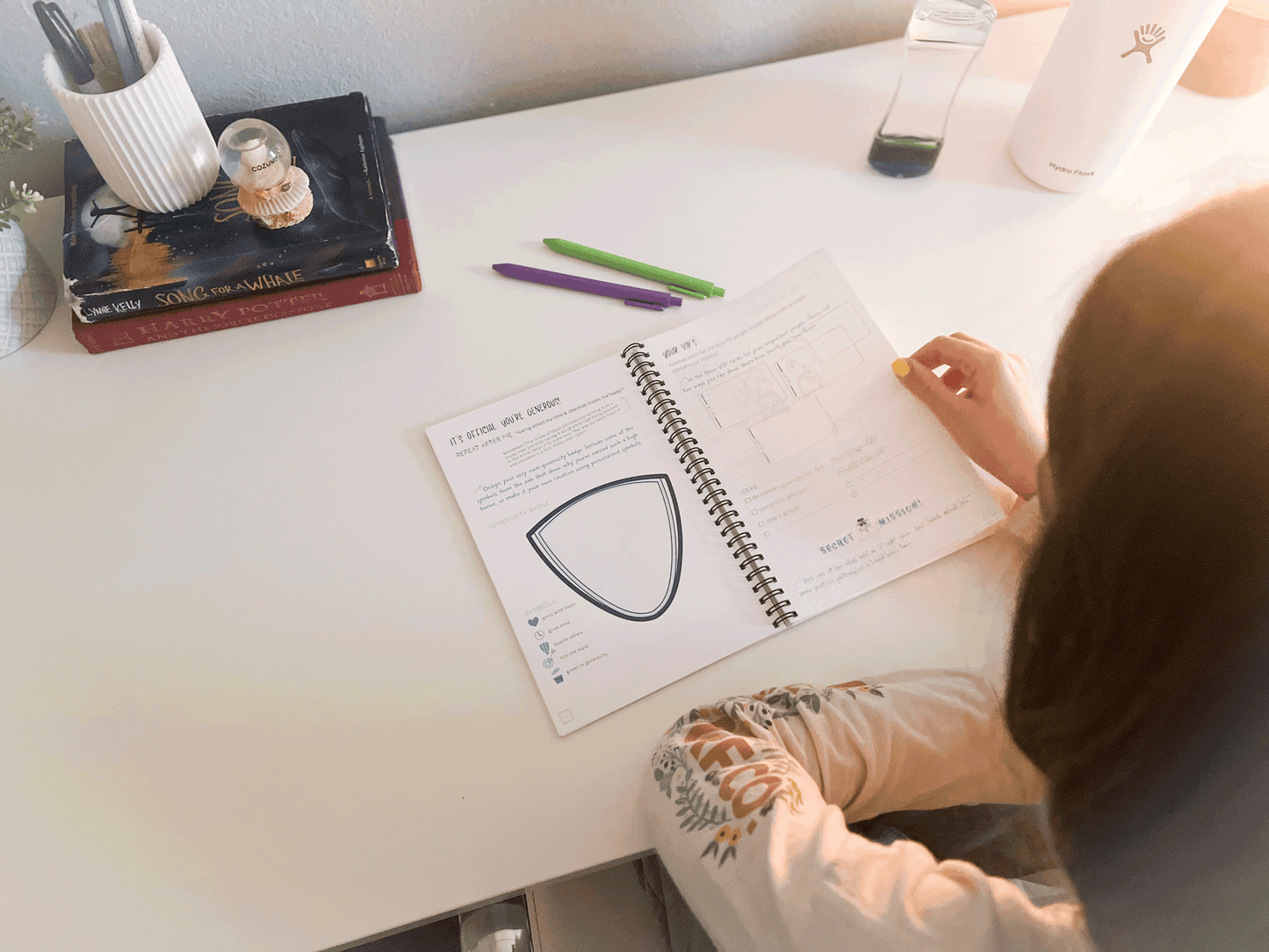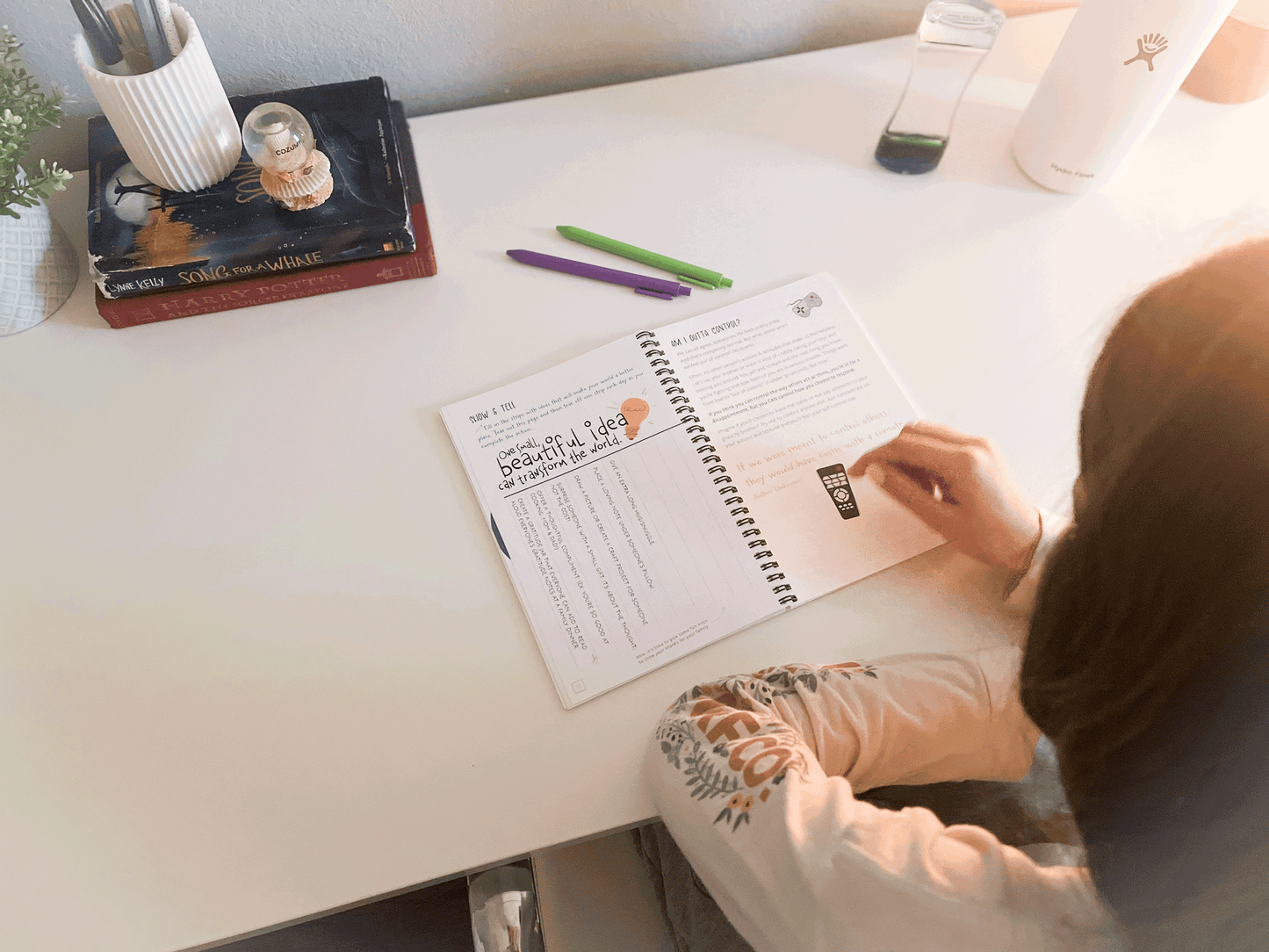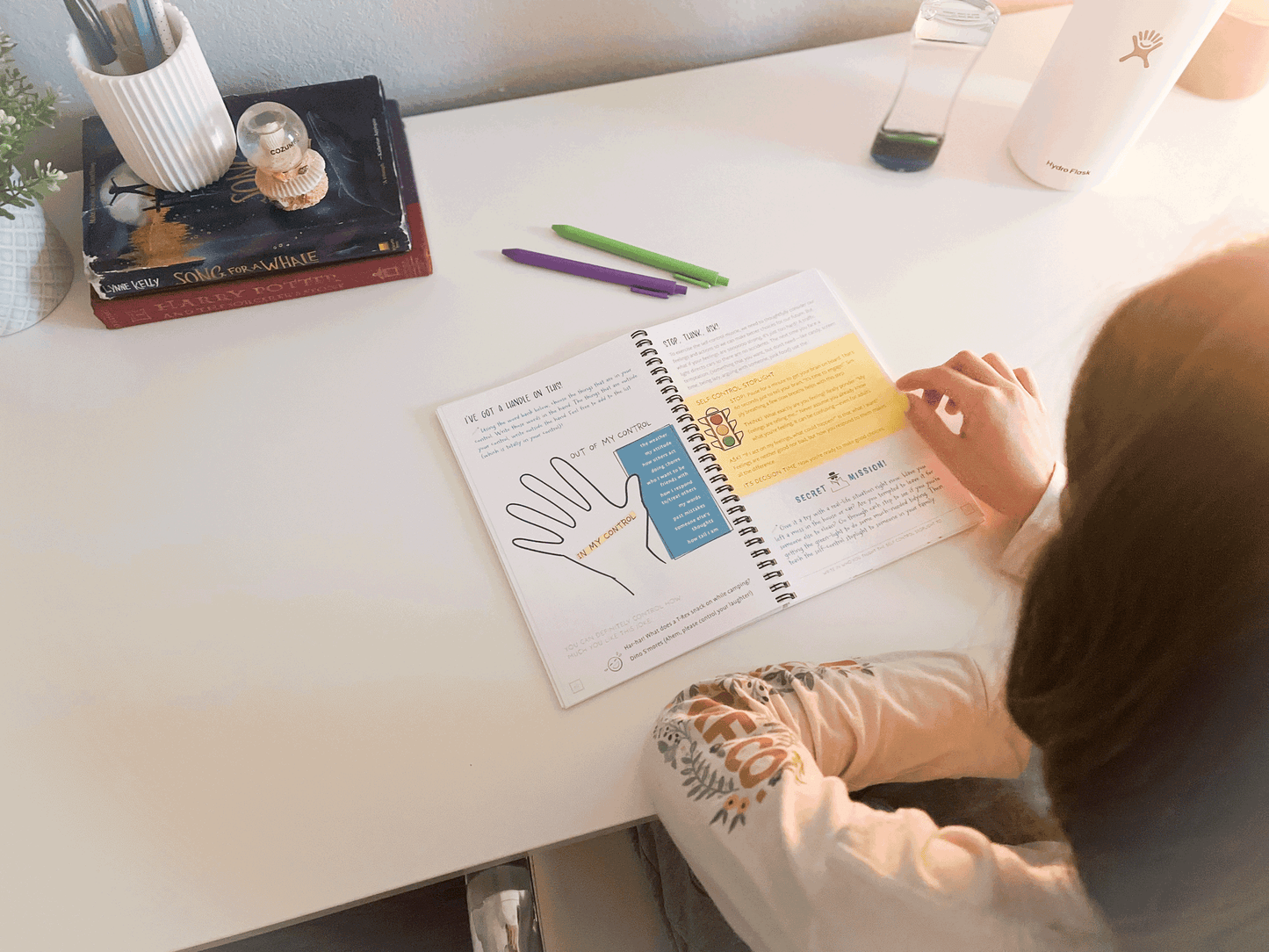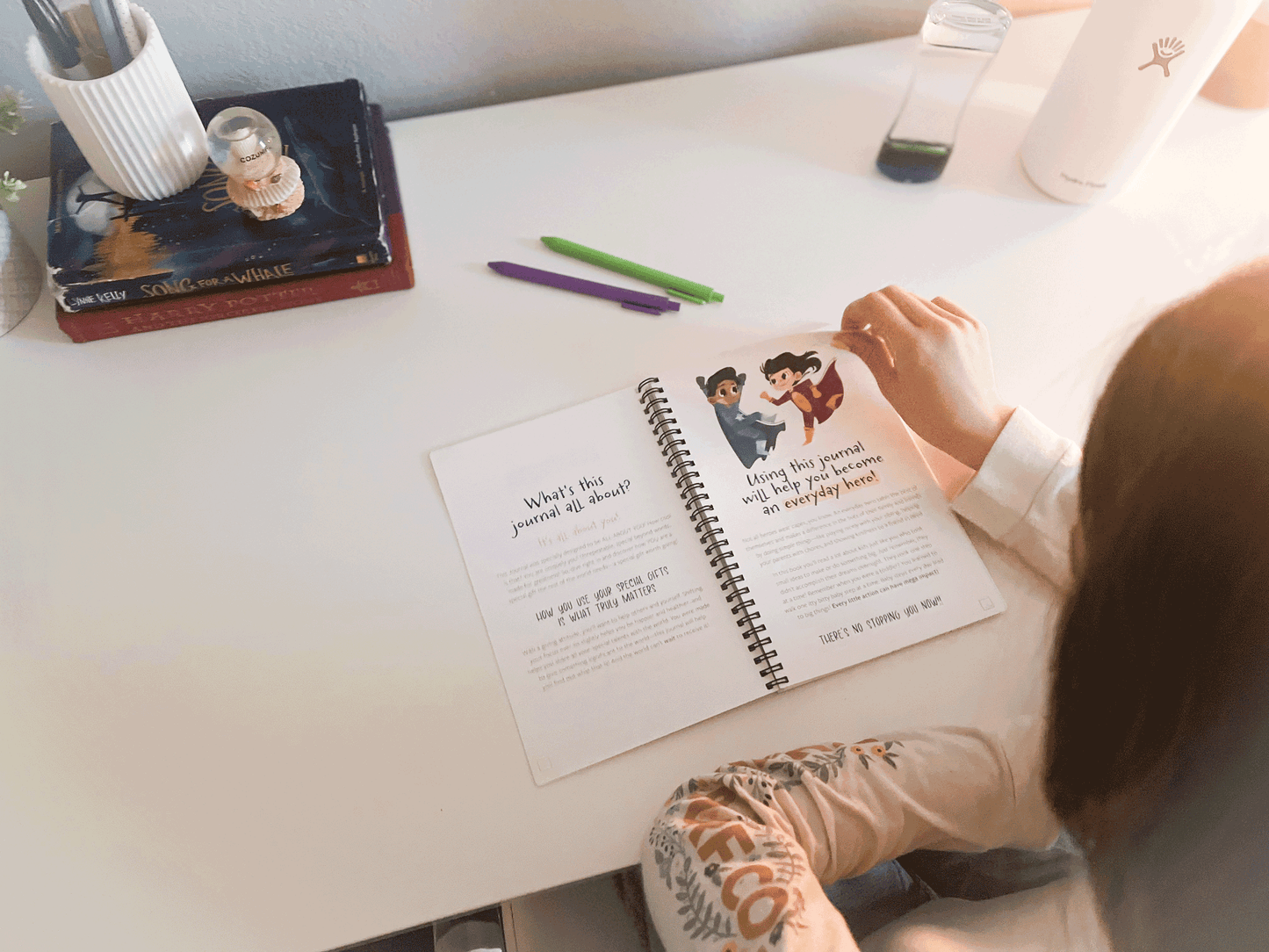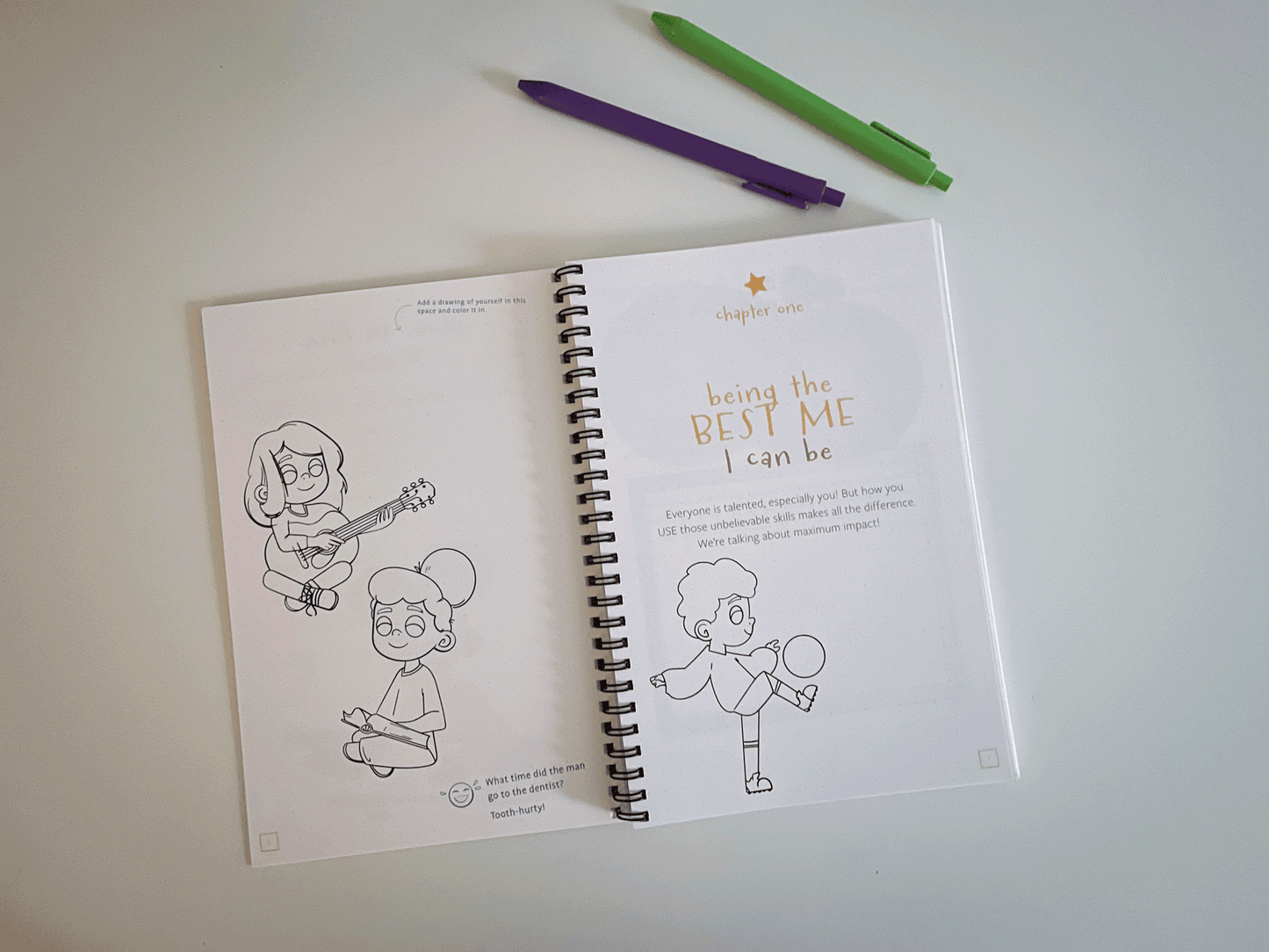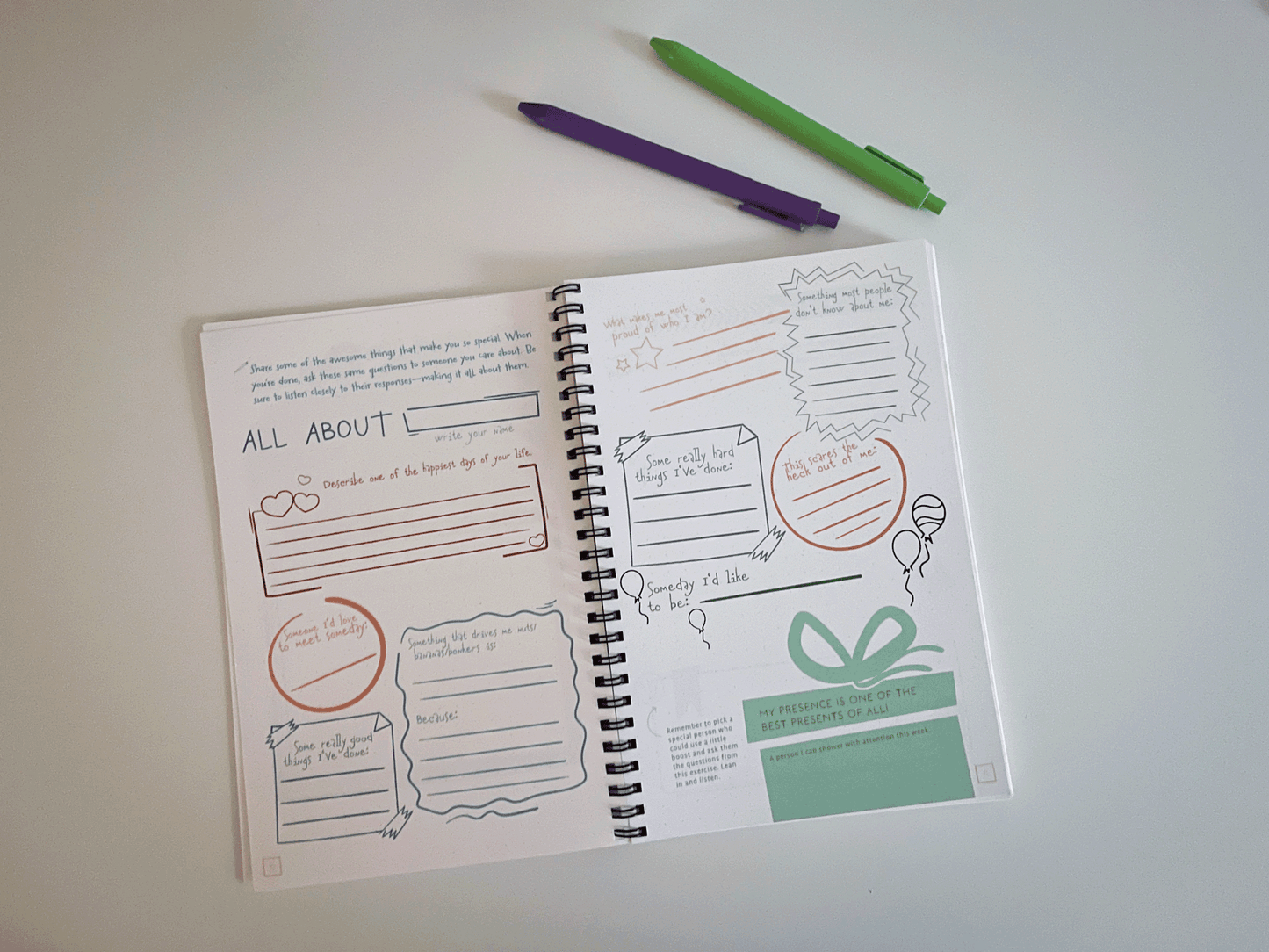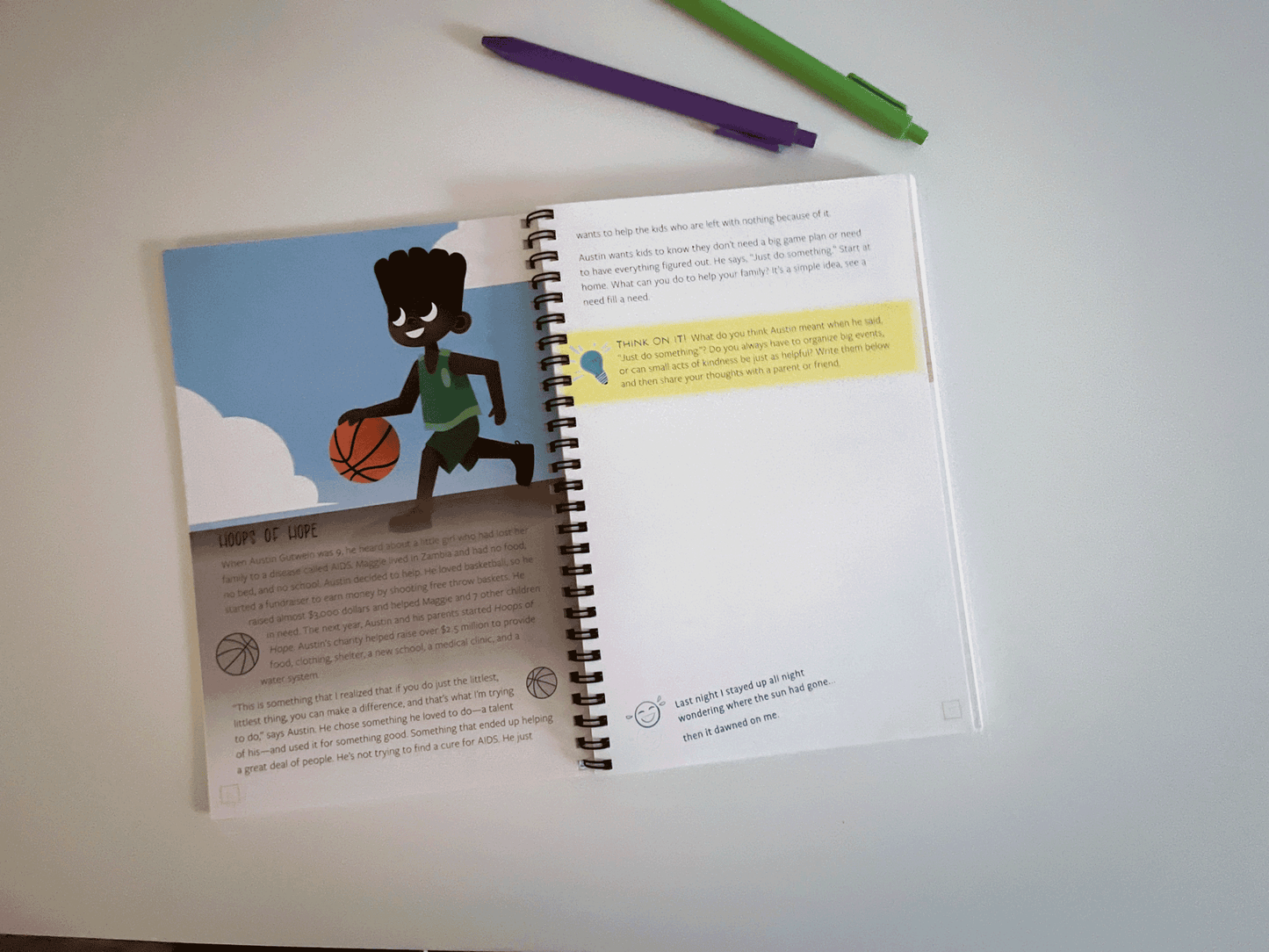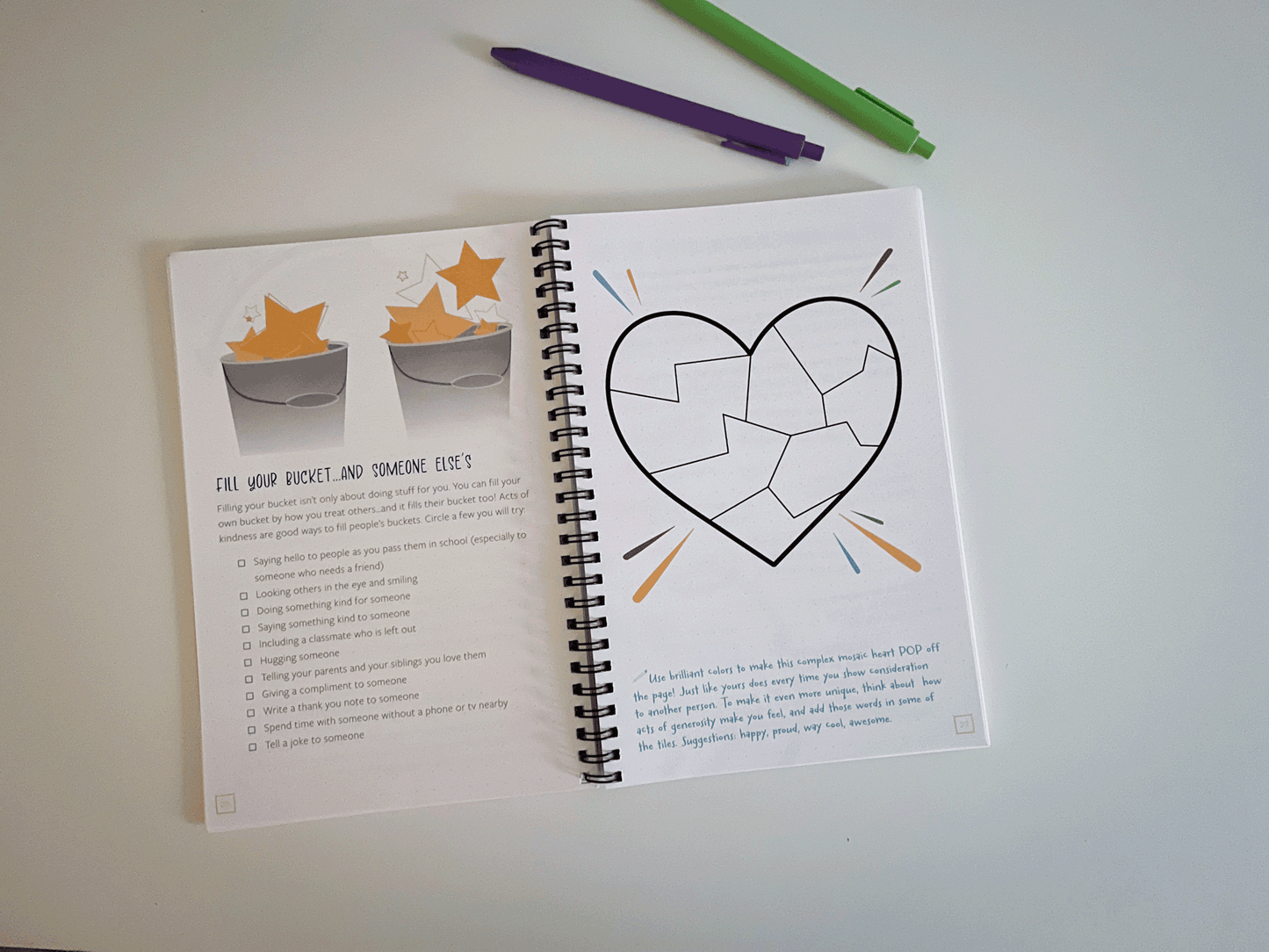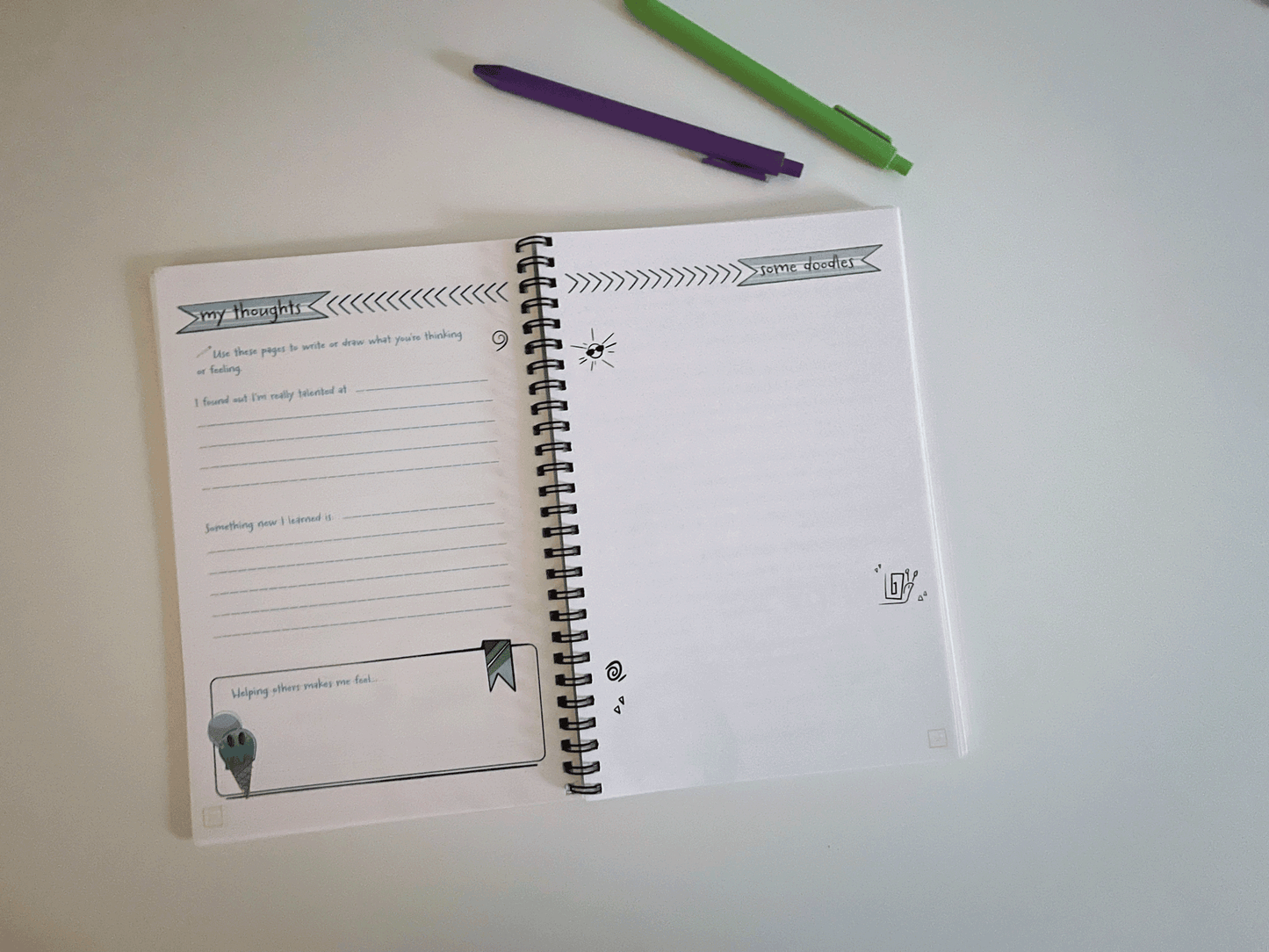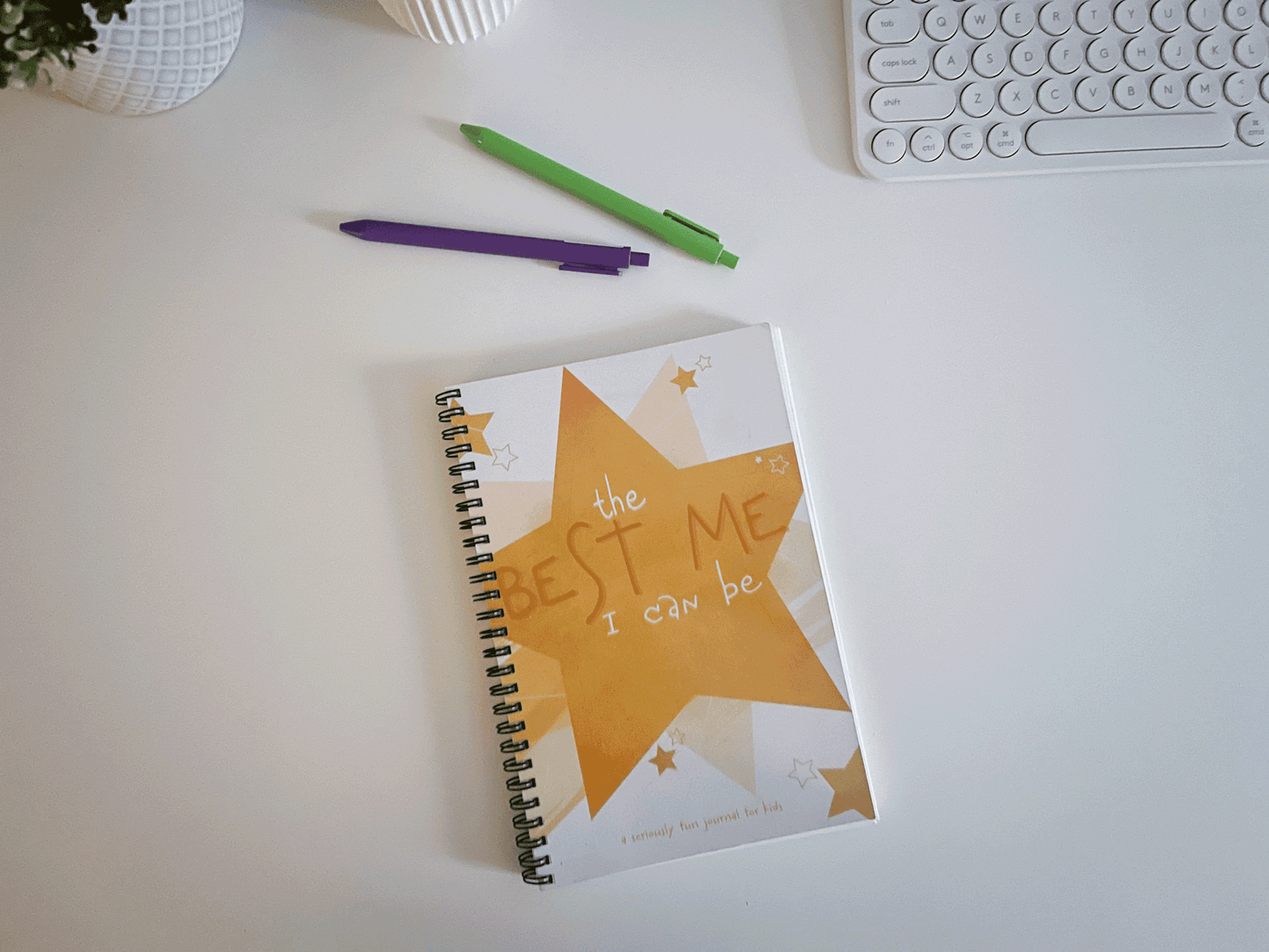Purposeful Parenting
Guest Author
My toddler is screaming, yelling, crying. My baby is clinging to my hip as I stir something on the stove.
“What?” I snap. “What do you want? Use your words!”
My toddler looks hurt, mutters something under her breath.
“What do you want?” I ask again, attempting to keep the impatient bite from my voice.
We go in circles, and I eventually discover the source of the trouble, but it costs us both.
If I could count the number of times this situation has happened in my house, I’d probably be a bit ashamed.
I’m only human, of course, and every human has their breaking point—something toddlers seem to be experts at discovering in their parents (intentionally or not). But the fact of the matter is, there are so many times situations like the above could’ve been avoided altogether, if I’d only put in a bit more effort from the get-go.
I think often about parenting with purpose—about making sure I reinforce colors and numbers and letters and science things and sentence structure; about choosing healthy snacks and meals to serve; about teaching her how to interact with people (especially her baby sister) and animals and the environment around her.
But I often forget the most important aspect of this: being purposeful in the way I respond to my children.
Too often I scold my toddler from afar, or look down at her while I tell her what to do. Too often I look up from my phone or the dishes or the baby to answer her—dismiss her, almost. “How cool! Keep playing! I’m busy!” I think I’m distracting her or teaching her independence, but really I’m dismissing her.
Children can be so much more perceptive than we give them credit for.
I forget, sometimes, that actions speak louder than words. That what I’m doing unintentionally while attempting to sound intentional is actually teaching her a different lesson altogether—one that tells her I’m not focusing; I’m not listening; I’m not caring.
The hardest—and most vital—part of parenting with purpose is in telling your children, with your whole self that you’re invested in them.
The difference is almost palpable when I bring myself to her level—physically bending face-to-face, letting myself understand what she’s feeling and why, validating those feelings and explaining the situation around them. She sees that I’m giving her my whole self, if only for a moment, and she responds immediately.
Sometimes, it’s not the things we say to our children that matter the most. Sometimes it’s the care that we show—the understanding we give—that makes the most impact.
Can I always drop what I’m doing and take time to explain everything to an often-irrational toddler? Of course not. But I can do my best to be purposeful in the way I approach her.
Sometimes it’s as simple as kneeling down and looking in her eyes. And sometimes it’s as difficult as understanding where she’s coming from, emotionally, and trying to reason with that.
It’s easy to put thought and effort into classically educating our children, but simply shifting our efforts towards positive interactions can build stronger connections.
Sometimes the values we overlook are the ones that matter the most.
